Supermarket shelves lined with shiny plastic packets of brightly coloured sweets and toys are every child’s dream – but they’re off-limits to this environmentally-friendly family in Kinghorn.
Louise Humpington, mum of three, owns the Grain and Sustain zero waste shop in Burntisland.
And she strives to practice what she preaches, creating a zero waste home life as much as she can as a busy mum.
That means teaching her three young children about eco-friendly choices – including avoiding plastic-wrapped sweets and new toys in the shops.
“We shop as locally as we can, but sometimes you do have to go into a supermarket,” Louise says.
“And then they see all the plastic bags and bright colours and everything else.
“They know that those are not things that we buy. And they sort of say ‘oh, you, we’re not allowed this, are we, mummy?’
“And I’ll say ‘nope, you’re not’.
“They’ll ask but they do understand.
“It’s not about just saying no. It’s also a case of explaining why.”
Sustainable choices don’t always make sense – and that’s okay
The 43-year-old says that making sustainable choices day to day can be difficult.
These are often linked to what the family eat, or buy in general.
Louise uses zero waste shops or bulk buys her food as much as possible, which limits their plastic intake.
“We are absolutely not perfect by any stretch of the imagination,” Louise admits.
“There are some choices we make which are super environmentally friendly.
“And then on occasion, we slip up.
“But we do the very best that we can, while recognising that we’re not perfect and nobody is going to be.”
And Louise admits that sometimes the eco-friendly option just doesn’t make sense.
For example, when her kids were babies, she says they were too small for the reusable, more eco-friendly cloth nappies.
So Louise had to use regular, single-use nappies.
She says: “I would have loved to have done cloth nappying, but it didn’t work for us.
“You balance out things depending on your circumstances.”
Kinghorn mum Louise opts for pre-loved toys as part of waste-free living
The sustainable shop owner says she has always taught her children about taking care of the environment, since “day dot”.
“In the same way that we’re trying to educate our customers about why we do things, we’ll talk to the children about it,” Louise continues.
We wouldn’t choose to go out and buy a new plastic toy…”
Louise Humpington, Grain and Sustain owner
“But you know, peer pressure is a big thing.
“My son was desperate for a fidget toy and I refused to buy it for him.”
Instead of buying her kids brand new toys from a supermarket, Louise will check out second-hand options from Facebook Marketplace or the Burntisland Big Green Market.
“We wouldn’t choose to go out and buy a new plastic toy,” she says, “but I don’t mind buying something pre-loved because it’s giving [the toy] another lease of life.
“Which is a good environmentally-friendly thing for me to do, but it also saves me a lot of money.”
While it isn’t always easy to keep her kids on the sustainable path, Louise is reassured in the knowledge that she’s doing the right thing for the environment.
She says: “In my view, anything which is worth doing is never going to be the easiest route.”
Isaac, 7: ‘I do sometimes miss out on things’
Though Grain and Sustain owner Louise says her children understand why they live the way they do, they sometimes disagree.
“Sometimes they don’t want to make those choices,” Louise says.
“If they are given some money from a grandparent or something like that, then they get to choose what they do with that money.
“And so if they opted for something less eco-friendly, then we would respect that.
“But we would remind them that there are different options available.”
Isaac, Louise’s eldest, can see that he is missing out on some things.
But for him, it’s “worth it”.
He says: “I think it’s important not to buy plastic because it could endanger species everywhere.
“I do sometimes miss out on things because we try not to buy plastic.
“But I’m ok about that.”
The seven-year-old continues: “I think it’s worth it.
“It’s important not to buy things you don’t need because otherwise it gets wasted.”
When asked whether she should just let her kids be kids, Louise says: “If you ever meet my kids, you’ll realise how well-adjusted, polite and engaged they are.
“And then make a choice as to whether or not they are being hard done by when you speak to them.”
Louise continues: “It’s a case of bringing them up in a way that educates them so that they understand why we make these choices.
“While they’re little they have to sit with the choices that we make on their behalf.
“But as they get older, there will be more and more decisions they make for themselves.
“So we are hoping that by doing it the way that we’re doing it, they will then choose to make good choices when they’re older.”
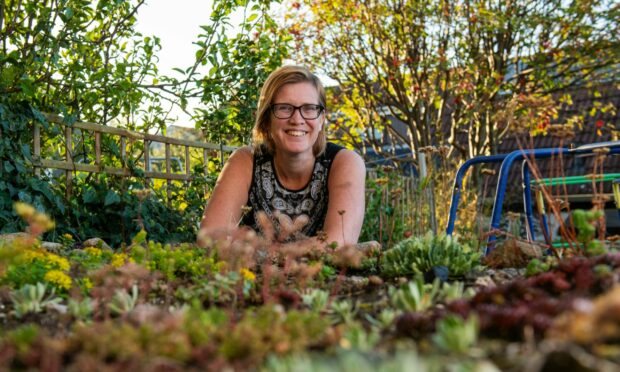
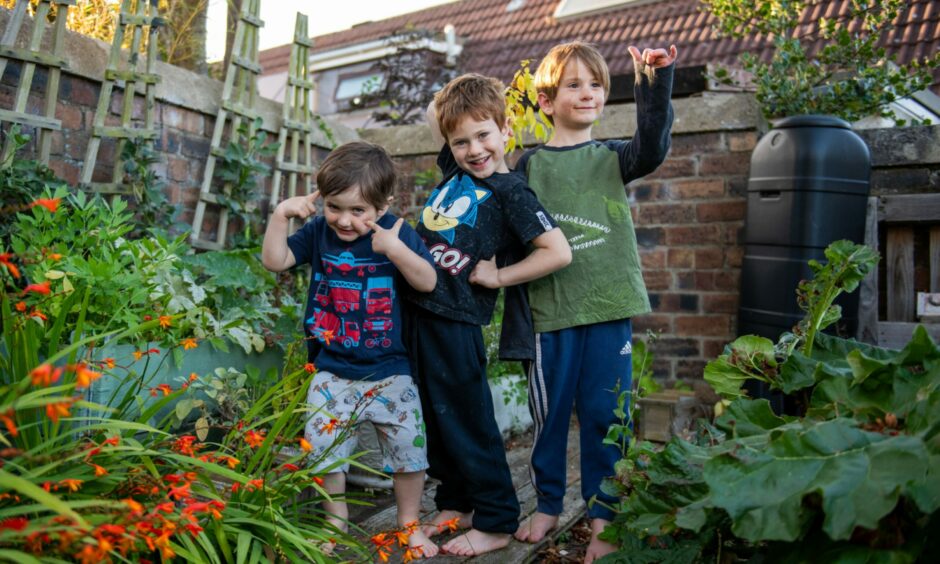
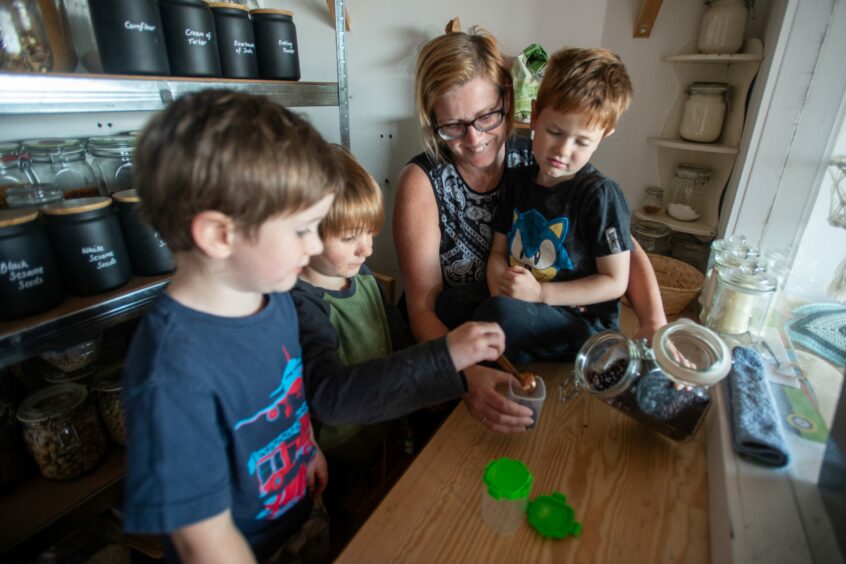
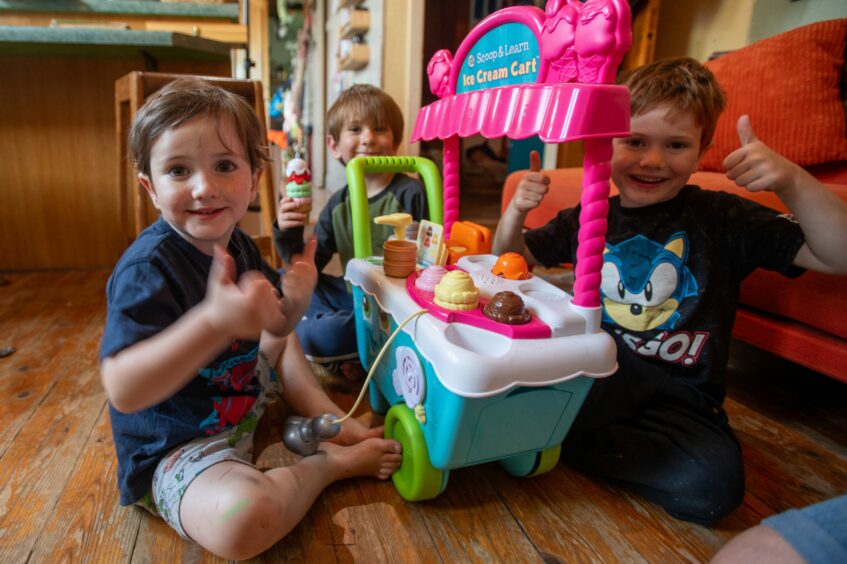
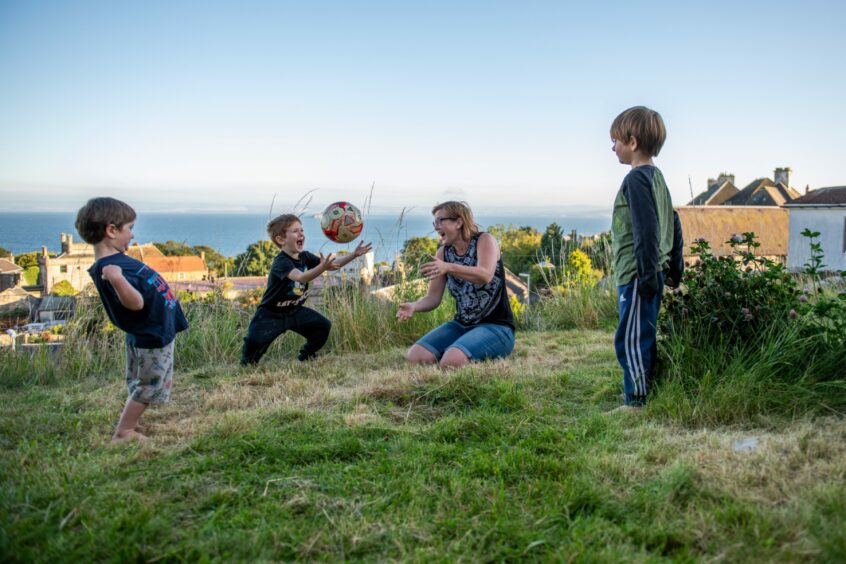
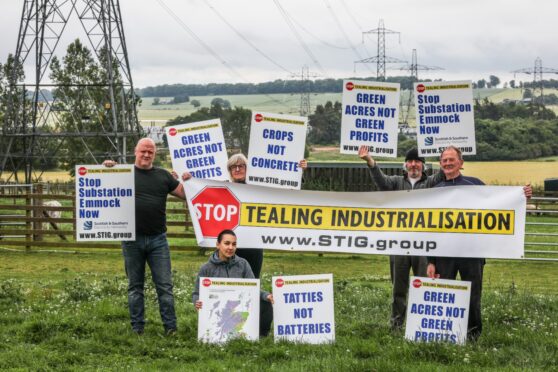
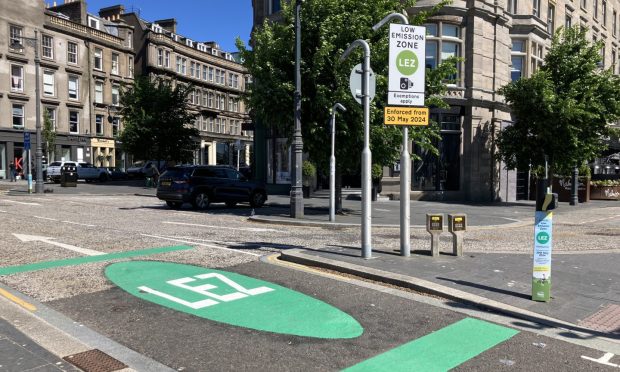
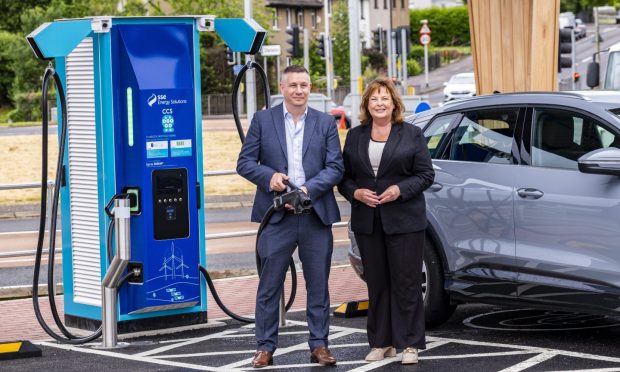
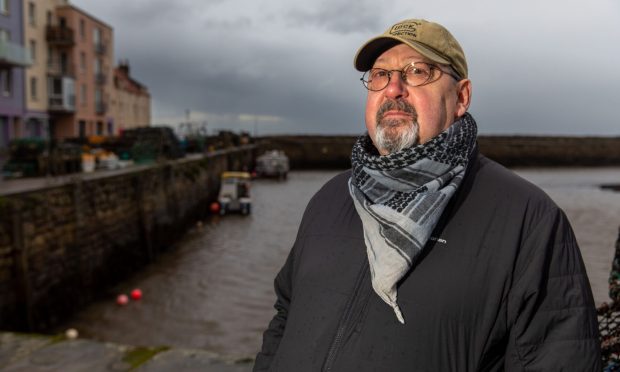

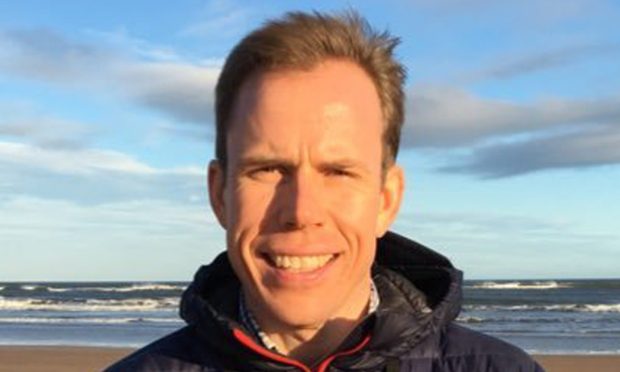
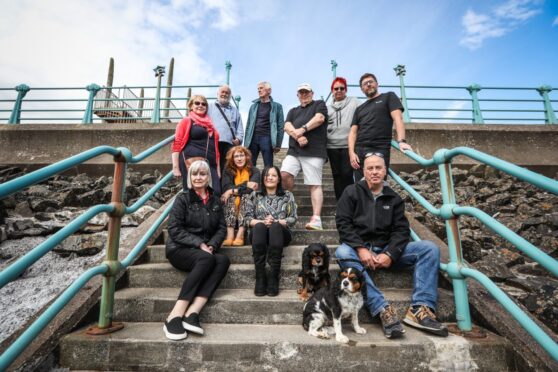
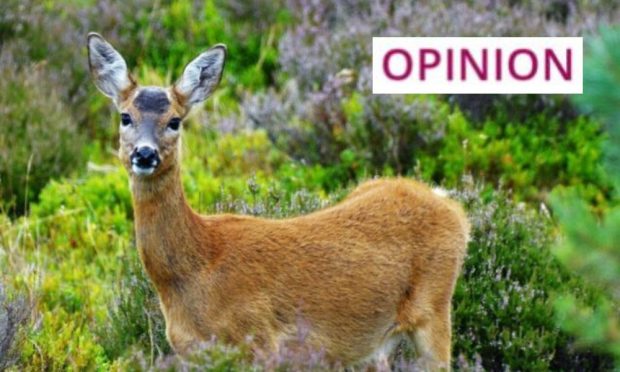
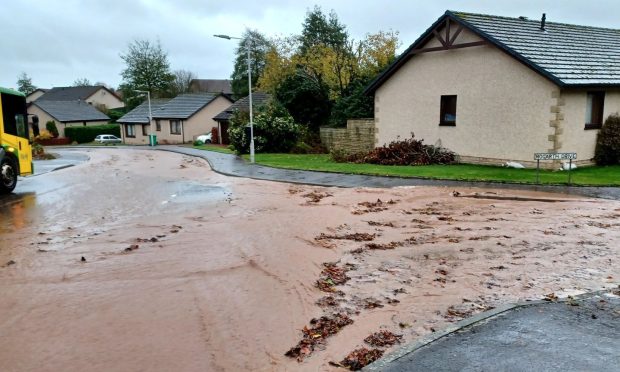
Conversation